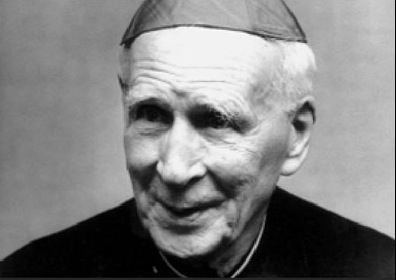February 29, 2016
Month: February 2016
February 29, 2016
Americans May Think They Want ‘Free College’ — Until They Find Out What It Is
February 29, 2016
Americans Like Single-Payer Health Care — Until They Find Out What it Is
February 26, 2016
No, Mr. Trump, You Can’t Fix the Deficit by Cutting ‘Fraud, Waste, and Abuse’
February 26, 2016
The Puzzle of Economic Growth
February 26, 2016
The real foundations of secular ideologies
Writing for the Catholic World Report, Acton’s Director of Research Samuel Gregg, reflects on Cardinal Henri de Lubac, whom he calls one of the “greatest theologians” of the 20th century. Gregg also argues that de Lubac’s interest in how secular ideologies such as Marxism or socialism had such influence on the Western church would benefit us today. Continue Reading...

February 25, 2016
Why Protectionism Is Like Drinking Salt Water
February 24, 2016
Bernie Sanders Says Pope Francis is a Socialist
February 24, 2016
Crossing the Waters of Freedom
February 24, 2016